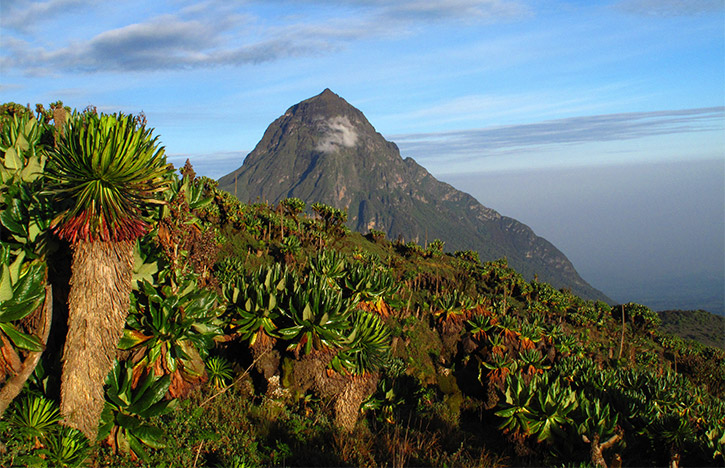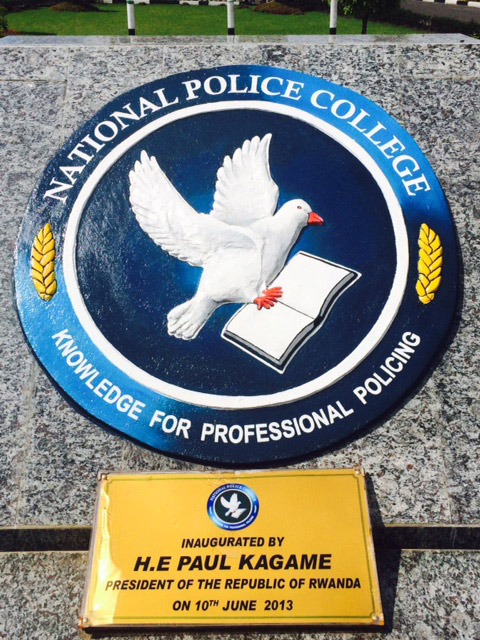Delivering strategic command training to South Eastern and Central Africa's Police
Editorial Advisory Panel Member Roger Gomm is in Musanze, Rwanda, to deliver a two-week 'Policing Operations' module to the SE & Central African Police Strategic Command Course at the National Police College, for the third year. This year’s course has students from South Sudan, Kenya, Ethiopia, Gambia, Burundi, Namibia and Rwanda.

Rwanda is a small country with a variety of landscapes and environments, from mountains to lakes, from equatorial forests to tropical savannah (photo: Shutterstock)
To save readers reaching for an atlas, Rwanda is a landlocked country situated in the Great Lakes region of East Africa. It is bordered by Uganda, Tanzania, Burundi and the Democratic Republic of Congo (DRC).
Rwanda is a small country with an area of 26,338 square kilometres, and has a population of about 12 million people. The country’s population density is considered among the highest in Africa. Known as: “The land of a thousand hills,” Rwanda is at high elevation, with a geography dominated by mountains and hills, five volcanoes, 23 lakes throughout the country and numerous rivers, some forming the source of the River Nile.
The variety of the landscapes in this green country is dominated to the north by volcanoes and bordered by Lake Kivu to the west. Its vegetation ranges from dense equatorial forest in the north-west of the country, to tropical savannah in the east. There are also high altitude forests.
Day one of the course concentrated on the importance of understanding the operating environment and we looked at the risk assessment process, identification of malicious threats and hazards, both natural and man-made (with reference to the recent disasters in Nepal). This is setting the scene before I move into ‘command issues and functions’. The session generated lots of great discussion and interest.

I am pleased to report that the Rwandan Government has been working on a United National Development Programme aimed at ‘Building National and Local Capabilities for Disaster Risk Management’. The report explains in detail that the country is vulnerable to a wide range of natural hazards such as floods, flash floods, landslides/mudslides, drought, storms, lightning, earthquake, volcanic eruption, fires and epidemics.
Threats of secondary hazards such as famine resulting from long droughts also remain a potential.
Climate-induced hazards such as floods and droughts are the top two serious incidents, which occurred in Rwanda over the past two decades and affected over two million people. Perhaps can be taken as a practical demonstration of how climate change is affecting the country.
In all, it has been an excellent start to the programme. More blogs to follow.
Roger Gomm, CRJ Editorial Advisory Panel
Roger Gomm, 27/04/2015